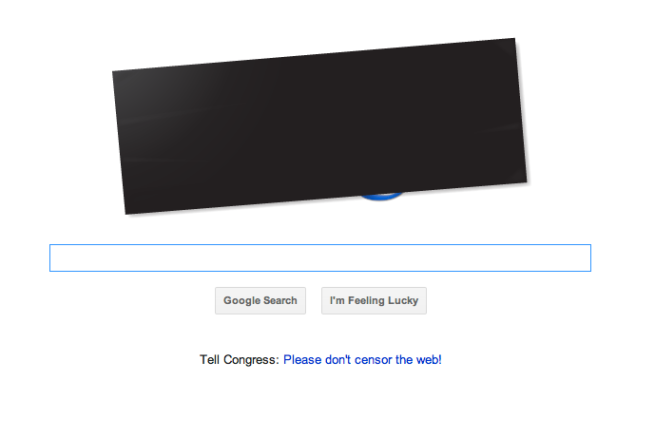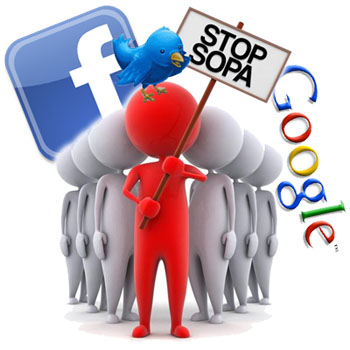Microsoft’s latest Scroogled ad warns against downloading apps on Google Play

[protected-iframe id=”c528ab847bd1105bebfbbc1620586798-22427743-18874939″ info=”http://hub.video.msn.com/embed/5ca0a386-f0c2-4a4f-bdea-bd971e54a3b0/?vars=Y29uZmlnQ3NpZD1NU05WaWRlbyZsaW5rb3ZlcnJpZGUyPWh0dHAlM0ElMkYlMkZ3d3cuYmluZy5jb20lMkZ2aWRlb3MlM0Zta3QlM0Rlbi11cyUyNnZpZCUzRCU3QjAlN0QlMjZmcm9tJTNEJm1rdD1lbi11cyZzeW5kaWNhdGlvbj10YWcmY29uZmlnTmFtZT1zeW5kaWNhdGlvbnBsYXllciZsaW5rYmFjaz1odHRwJTNBJTJGJTJGd3d3LmJpbmcuY29tJTJGdmlkZW9zJmZyPXNoYXJlZW1iZWQtc3luZGljYXRpb24%3D” width=”640″ height=”360″ frameborder=”0″ scrolling=”no”]
If you don’t know by now, since early February Microsoft has been running its “Scroogled” smear campaign spending 7 figures on a series of print and online ads attacking various Google services. The ads originally focused on Gmail and how Google displays ads based on the content of user’s emails, but Microsoft’s latest Scroogled ad (above) takes on another Google app– Google Play.
The ad is currently featured on the front page of Microsoft’s Scroogled website and features a warning that Google passes off personal information about users to app makers without consent from users:
When you buy an Android app from the Google app store, they give the app maker your full name, email address and the neighborhood where you live. This occurs without clear warning every single time you buy an app. If you can’t trust Google’s app store, how can you trust them for anything?
We expect Google will be issuing a response to Microsoft’s claims shortly. Another Scroogled ad claiming Google Play sends personal data to app makers below:
Expand
Expanding
Close

